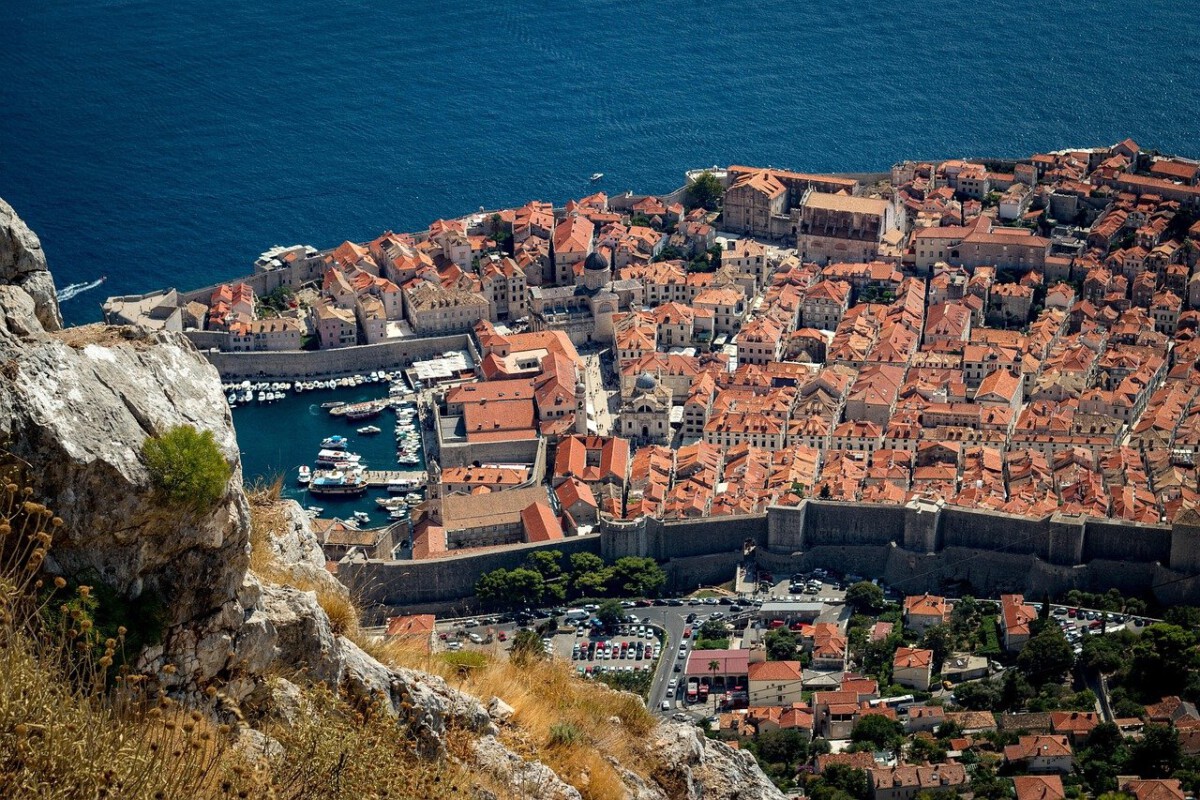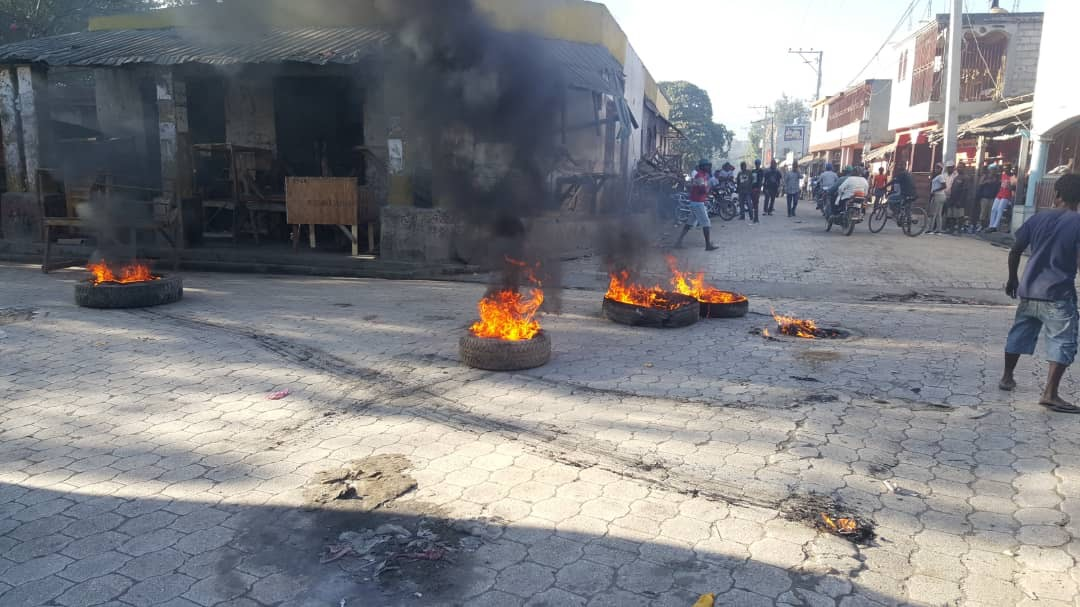Bhutan: Protecting Cultural Heritage

Bhutan stands out as a rare gem in the modern world, fiercely protective of its traditions and pristine landscapes. The government’s focus on Gross National Happiness over tourist numbers has led to some of the world’s strictest travel policies. In 2025, Bhutan is actively debating a total tourism ban in response to growing concerns that even controlled numbers are straining the environment and diluting cultural authenticity. The country’s daily tourist fee, which reached $200 in 2023, resulted in only 30,000 visitors—down sharply from previous years. Officials argue that Bhutan’s unique identity, spiritual sites, and fragile ecosystems need stronger safeguards. By contemplating a complete halt to foreign visitors, Bhutan is sending a powerful message about valuing cultural and ecological preservation above economic gain. This bold approach is seen by many locals as essential to prevent their home from becoming just another stop on the global tourist circuit.
North Korea: Isolationist Policies

North Korea is notorious for its closed borders and tightly controlled tourism industry. The regime’s grip intensified in 2024 after a wave of internal unrest, leading to even stricter entry requirements for foreigners. Only a few thousand visitors—mostly on strictly supervised tours—entered North Korea in 2023. Now, the government signals that a total ban on tourist visits is under serious consideration, citing national security and the need to prevent foreign influence. This aligns with Kim Jong-un’s ongoing policy of Juche, or self-reliance, which seeks to keep the country insulated from outside ideas. The move would further isolate North Korea, making it one of the world’s most inaccessible countries. For the few travel operators and diplomats who still work there, the uncertainty about future access is palpable.
Venezuela: Economic Crisis and Safety Concerns

Venezuela’s tourism industry has been battered by years of economic turmoil and rising crime. Since 2023, the country has seen a staggering 70% drop in tourist arrivals, with travelers often citing personal safety as their top concern. As the crisis deepened in 2024 and 2025, government officials began openly discussing a full ban on tourist entry. The rationale is rooted in a desire to protect both visitors and citizens amid escalating violence and widespread shortages. The tourism sector, once a bright spot in Venezuela’s economy, has been all but erased by ongoing instability. With daily life dominated by power outages, food rationing, and political uncertainty, a tourism ban is increasingly seen as a pragmatic—if drastic—measure to prioritize national security and recovery.
Afghanistan: Ongoing Conflict

Afghanistan’s allure for adventurous travelers has faded dramatically in recent years, replaced by stark warnings and near-empty airports. Since the Taliban’s return to power, foreign tourist numbers have plummeted, reaching almost zero in 2023. Ongoing conflict and frequent security incidents have prompted the government to consider a total ban on tourists for 2025. The focus has shifted to internal security and stability, with authorities arguing that any foreign presence could pose unnecessary risks. Many embassies have issued level-four “do not travel” warnings, and insurance companies refuse coverage for travel to Afghanistan. The few who do enter are typically aid workers or journalists, moving under heavy guard. The prospect of a formal ban reflects the ground reality: Afghanistan is simply not safe for leisure visitors.
Syria: Civil War Aftermath

Syria’s once-thriving tourism industry has been decimated by over a decade of civil war. In 2023, the country saw a mere 10,000 visitors, most of whom were humanitarian workers or journalists. The government, facing enormous rebuilding challenges, has discussed imposing a total ban on tourists to prevent further destabilization. Widespread destruction of infrastructure, ongoing violence, and the presence of unexploded ordnance make travel perilous. Authorities argue that efforts must focus on recovery and reconciliation, not on attracting foreign visitors. The tourism ban proposal is supported by many locals, who fear that hasty reopening could compromise both safety and dignity during such a fragile period.
Yemen: Humanitarian Crisis

Yemen remains in the grip of a devastating humanitarian crisis, with conflict, famine, and disease ravaging the population. In 2023, tourist numbers dropped to fewer than 5,000, mainly due to travel advisories from nearly every major government. By 2025, officials are contemplating a total ban on tourist entry to protect both visitors and struggling communities. The country’s security situation is dire, with large areas inaccessible and basic services severely disrupted. Aid agencies argue that Yemen’s immediate needs are food, medicine, and peace—not tourism. The government’s discussions reflect a consensus that safety and humanitarian priorities must come first, even if it means closing the country to outsiders for the foreseeable future.
Libya: Political Instability

Libya’s journey since the fall of Gaddafi has been marked by turmoil and division. While the tourism sector has struggled amid ongoing instability, approximately 100,000 international tourists visited the country in 2023, drawn by its historical sites and recent visa reforms—most of them traveling for work or family reasons. Widespread violence and the absence of central authority have made the country hazardous for tourists. In 2025, the government is considering a full ban on tourist visits as a precautionary step. Officials cite the need to stabilize the nation and focus on internal recovery before welcoming outsiders again. The uncertainty over Libya’s future means that the prospect of a tourism revival is remote, and a ban seems increasingly likely.
Central African Republic: Security Issues

The Central African Republic (CAR) grapples with chronic violence and political instability, making it one of the world’s most dangerous places for travelers. In 2023, only 2,000 tourists visited, most of them humanitarian workers or diplomats. Amid ongoing conflict, the government is weighing the merits of a total tourism ban to ensure safety for all. Authorities argue that the risks to visitors and locals are simply too high to justify continued tourism. The conversation around a ban is informed by a brutal reality: peace and security must come before economic development through tourism. Many locals express relief at the idea, hoping it will allow the CAR to focus on restoring order.
South Sudan: Ongoing Conflict

Since its independence in 2011, South Sudan has struggled with near-constant conflict and humanitarian disasters. Tourism, never a major industry here, has almost vanished. By 2023, fewer than 1,000 foreigners entered the country, and most were aid workers or journalists. The government is now considering a complete ban on tourist visits, citing concerns over safety and the need for stability. Ongoing violence and displacement have made even domestic movement hazardous. Official discussions about a ban reflect a broader strategy to prioritize peacebuilding and recovery. In this context, tourism is seen as a distant dream, and closing the doors may be the only practical choice.
Somalia: Security and Stability

Somalia has long faced challenges with piracy, terrorism, and weak governance, making it a high-risk destination. Only about 3,000 foreigners, mostly journalists and aid workers, visited in 2023. The government is now actively considering a total ban on tourist entry, driven by persistent violence and ongoing efforts to rebuild the nation. The rationale is clear: maintaining security and protecting citizens must take precedence over any potential economic gains from tourism. Local leaders argue that inviting tourists under current conditions would be irresponsible. Many in Somalia support the idea, believing that a tourism ban could help concentrate resources on national recovery and security.






